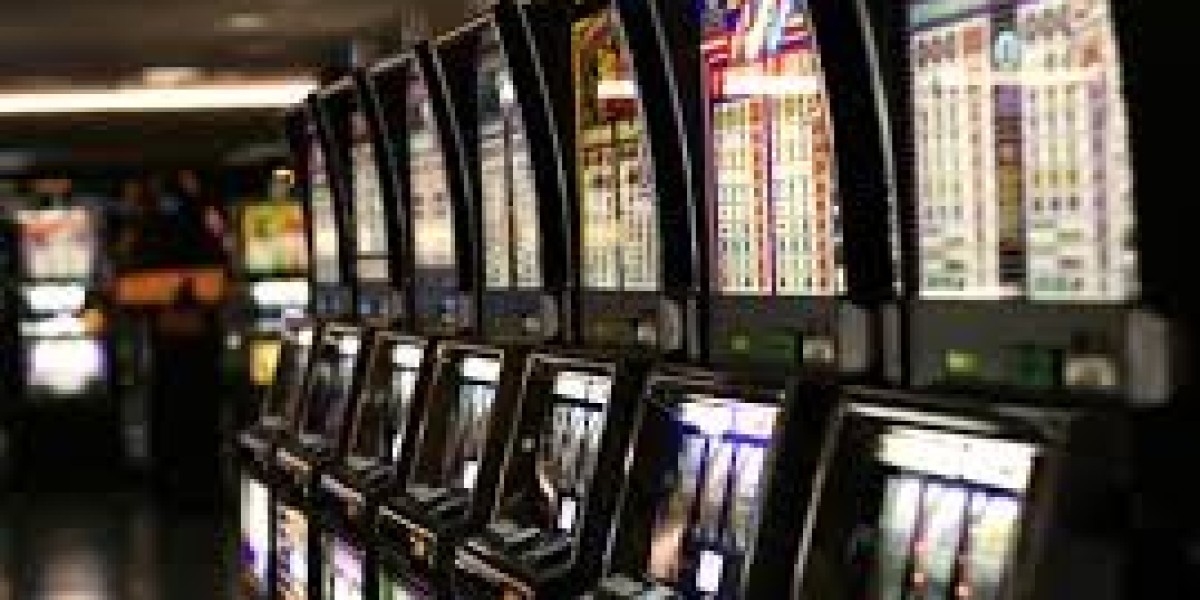The Science of Randomness in Slot and Table Games
In the world of online games, especially slots and table games, players often wonder: Is it all just luck, or is there more science behind the outcomes? The answer lies in the fascinating concept of randomness. From the moment you press “spin” on a slot machine to when the dealer flips a card in blackjack, randomness plays a central role in ensuring fair play. Understanding how it works not only enhances your appreciation of the Frenzy Winner games but also helps you make more informed gaming choices.
Understanding Randomness in Gaming
Randomness in gaming means that every outcome is unpredictable and independent from previous results. In physical casinos, randomness is achieved through mechanical processes—shuffling cards, rolling dice, or spinning a wheel. In online games, however, this is done through advanced algorithms known as Random Number Generators (RNGs).
An RNG is a piece of software that generates numbers at incredibly high speeds—thousands of numbers per second. When you click a button or take an action in the game, the RNG stops at a specific point, which corresponds to your result. This ensures outcomes can’t be predicted or influenced.
How RNGs Work in Slot Games
In modern slot machines and online slots, every spin’s result is determined by the RNG, not by physical reels. Each symbol on the reels corresponds to a number generated by the RNG. The software then translates those numbers into the positions you see on the screen.
Importantly, the RNG never remembers past spins. This means there’s no such thing as a “hot” or “cold” slot machine—a common gaming myth. Every spin is a fresh start, with the same odds as before.
Randomness in Table Games
For table games like blackjack, roulette, and baccarat, randomness also plays a crucial role. In online versions, RNGs ensure cards are dealt fairly and wheels spin unpredictably. For example:
Blackjack: Every card dealt is selected at random from a simulated deck, mimicking real-life shuffling.
Roulette: The ball’s landing spot is determined by RNG, just as physics decides it in physical casinos.
Baccarat: Randomness ensures fairness for both the banker and player hands.
These systems are regularly tested by independent auditing firms to ensure that they meet fairness standards.
Why Randomness is Essential for Fair Play
Without randomness, games would be predictable, and some players or operators could exploit them. Randomness ensures:
Fair Competition – No player has an unfair advantage.
Game Integrity – Operators can maintain trust by proving outcomes are unbiased.
Entertainment Value – The unpredictability adds excitement and keeps players engaged.
The Psychology Behind Randomness
Interestingly, players often try to find patterns in random outcomes. This is called the gambler’s fallacy—believing that if a certain outcome hasn’t happened for a while, it’s “due” to occur. In reality, each event is independent. Whether you win or lose is entirely unaffected by your last result.
Testing and Certification
Top-tier online gaming platforms use independent testing agencies to verify RNG fairness. These include simulations of millions of game rounds to confirm that outcomes match the stated odds. Without these certifications, online casinos would struggle to earn player trust.
Common Myths About Randomness in Online Games
“Slots pay more at night.”
– False. RNGs ensure that payouts are consistent over time.“You can predict the next card.”
– Not possible in regulated online platforms, as shuffling is continuous.“Machines warm up after a few plays.”
– Each spin is completely independent, so no warm-up exists.
Can Players Use Randomness to Their Advantage?
While you can’t change randomness itself, you can make smarter decisions:
Choose games with better odds – Like blackjack over slot machines.
Understand return-to-player (RTP) rates – Games with higher RTP give you better long-term chances.
Manage your bankroll – Randomness means streaks can happen, so set limits.
The Future of Randomness in Online Games
As technology advances, RNG systems are becoming even more sophisticated, incorporating quantum random number generators (QRNGs) that use natural randomness from subatomic processes. This could make future online games even more secure and transparent.
Final Thoughts
Randomness is the heartbeat of slot and table games in both physical and online platforms. It ensures fairness, keeps the excitement alive, and prevents any manipulation of results. While luck remains the deciding factor, understanding how randomness works can help you approach your favorite online games with better awareness and realistic expectations.
If you’re passionate about gaming and fairness, share your love for the thrill of chance. Join the conversation and support the growing community of players who embrace skill, luck, and fun—just like in any great league.








